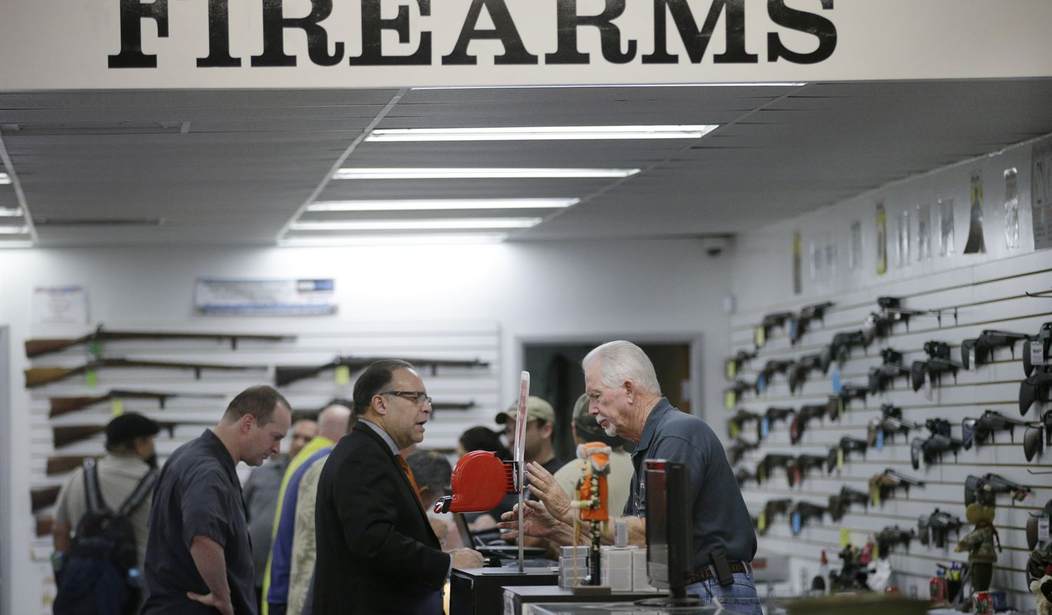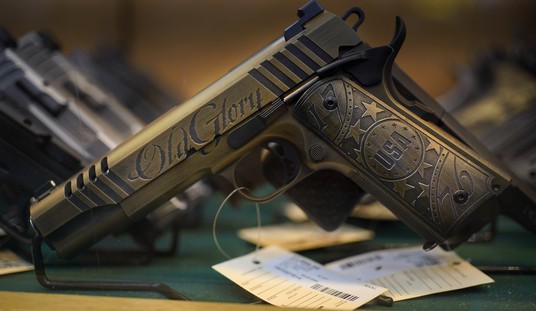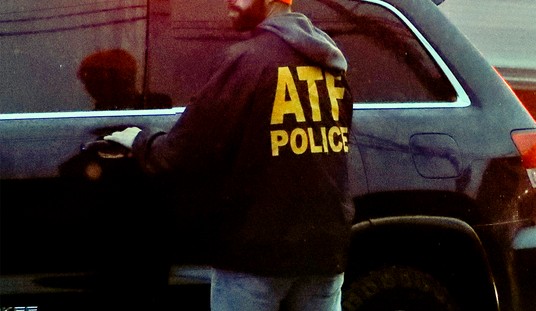George Brauchler knows a thing or two about violent crime in Colorado. As the former District Attorney in the state’s 18th Judicial District, Brauchler was the lead prosecutor in the trial of the Aurora movie theater shooter (whose name will not be used by Bearing Arms), as well as handling the prosecution of the two students responsible for the murder of their classmate Kendrick Castillo at the STEM School Highlands Ranch back in 2019.
Brauchler has come face-to-face with the perpetrators of some of the most evil acts in Colorado history, and I don’t think anyone could credibly argue that the former D.A. doesn’t care about the victims of these terrible tragedies. I’ve spoken with Brauchler before about some of these cases, and his concern and compassion is readily apparent; as his steadfast belief that more gun control laws aren’t the answer when the question is “how to we prevent attacks like these in the future.”
The former D.A. is now weighing in on a number of anti-2A bills that have been introduced in Colorado this year, and once again he’s unimpressed. Brauchler says the proposals will have little impact on violent crime and suicides, while having a major effect on responsible citizens.
SB 169 seeks to increase the age at which any firearm can be purchased or possessed in Colorado from 18 to 21, claiming to reduce “gun violence.” It will have negligible impact on suicides, homicides or other violent crimes. Sponsors provide no statistics to support their claims. By its terms, the bill is destined to be ineffective. The law — at best — applies only to those 18-to-20-year-olds who engage in broadly defined “gun violence” (including suicides and homicides) with legally acquired weapons. It will have no impact on stolen weapons, ghost guns or firearms obtained without the knowledge or consent of friends or family.
Suicide numbers will barely be impacted. In Colorado, suicide numbers cannot justify legislators’ infringement of rights. Arapahoe and Douglas counties comprise nearly one-fifth of Colorado’s population. Over the last half decade, from 2018-2022, Douglas has had five firearm-related suicides for 18-to-20-year-olds. Only one appears to have been the product of a firearm owned by the suicide. In Arapahoe County, there were eight such suicides, with only three attributable to firearms owned by those who took their lives.
There likely will be no Colorado data to support the claim that homicides and violent crime will be reduced by restricting firearms from law-abiding 18-to-20-year-olds. Anecdotally, we know that this law would have made no difference in the horrific crimes mass shootings/murders at Columbine H.S., Aurora Theater, STEM School, Boulder King Soopers and Club Q.
Brauchler says the same is true for three-day waiting period on all gun sales mandated by HB 1219. The former D.A. also finds fault with SB 170, which would expand the pool of people who can file for an Extreme Risk Protection Order. At the moment, a “red flag” petition must be filed by law enforcement or family members, but the legislation introduced in Denver this year would add doctors, therapists, social workers, teachers, and the state Attorney General to the list of eligible petitioners. As Brauchler points out, the bill allows for petitions to be filed based on “interactions” within the last six months, which completely undercuts the supposed reason for ERPOs in the first place; that they’re a tool allowing for guns to be temporarily (but quickly) taken away from someone because of a supposedly imminent danger to themselves or others.
The last bill to draw Brauchler’s attention (at least for now) is SB 168, which is designed to encourage and facilitate lawsuits against gun makers seeking to hold them responsible for the acts of violent criminals. As the former D.A. argues, the legislation singles out the firearms industry in holding them responsible for the criminal misuse of their products.
We do not sue alcohol, marijuana, or motor vehicle makers for intoxicated drivers who kill or maim the innocent, even though it is foreseeable that people will drive drunk or high. Alcohol and marijuana distributors know well that tens of thousands of consumers will get drunk and high and drive down the streets and sidewalks of Colorado, and yet — no liability. Last year, Colorado lost 271 people to alcohol-related driving incidents — a 25-year high. Yet, there are no lawsuits against Ford or Budweiser for them.
While Colorado Democrats are taking aim at the state’s legal gun owners, Brauchler says they’re getting soft on violent criminals; “poised to kill” a measure that would include gunshot wounds in the state’s definition of “serious bodily injury” and enhance the sentences for violent criminals who injure their victims.
The legislative priorities for Colorado’s Democratic majority are clear: target the Second Amendment rights of residents while cutting criminals even more slack. Of course, it’s been this way for awhile, which helps to explain why the state’s violent crime rate has been moving steadily in the wrong direction for the past ten years.









Join the conversation as a VIP Member